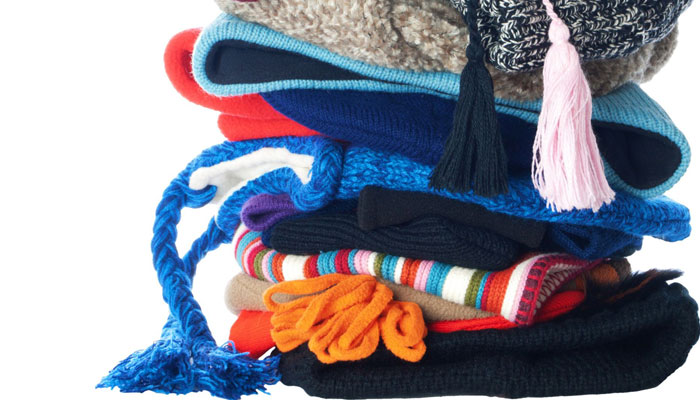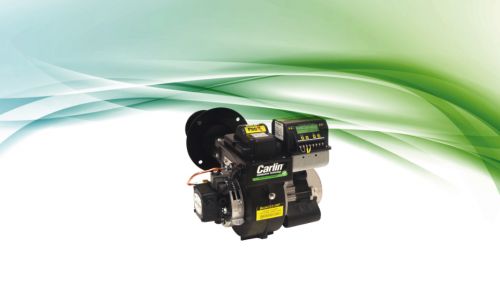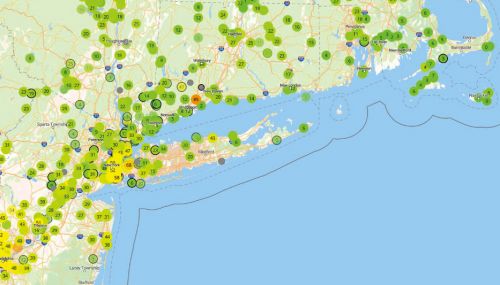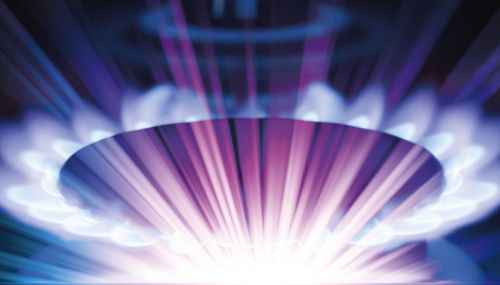So what are the tools of the heating industry trade? Wrenches? Screwdrivers? If you think that’s all you need to succeed in this business then you better think again. Without question, the ability to turn a wrench is a prerequisite, but today there is so much more you need to know.
The relentless march of technology in the world continues, and the heating industry is not immune. The technician of today needs skills in more areas of expertise than ever.
Electricity: A good understanding of electricity and wiring has always been an essential part of troubleshooting. One of our classes here at Emerson Swan is “Basic Electricity,” and it continues to be one of the most popular. The movement of electrons is not unlike that of water, and a basic understanding of both can save many hours of frustration and increase profitability.
Support by Smartphone: Much of today’s equipment is microprocessor driven. And when tied to the Internet, it is possible to access controllers and thermostats with a smartphone from just about anywhere. But first you have to understand the full functionality of that phone – no small feat in itself for those of us over the age of 30! That smartphone is also your gateway to an Internet that will provide you with schematics, wiring diagrams, installation instructions, or product literature – while you are on the job site.
Video capability is also a fast growing feature of technical support teams. HTP provides troubleshooting videos at the push of a button, and it won’t be long before real time video assistance will be available with the aid of apps such as FaceTime and others.
Combustion Analysis: Combustion analyzers have been around for decades in one form or another. Electronic analyzers are by far the most versatile, and competition has driven the price down to a point where it is no longer a defense for not owning one. Like automobiles that now require technicians to be computer savvy, today’s high efficiency heating equipment requires electronic analyzers for both setup and troubleshooting. It doesn’t take too many hours misreading symptoms before the cost of that analyzer begins to make good sense.
Heat Loss & Gain: Understanding heat loss and heat gain is an essential skill that has always been necessary to properly size heating and air conditioning equipment, and in today’s highly insulated buildings, it is more important than ever. Oversized boilers short cycle, which is the worst way to run a boiler and can lead to premature repairs or even failures. Oversized air conditioners tend not to run for a sufficient amount of time because they lower the temperature quickly and then shut off. Properly sized air conditioners run longer and dehumidify the air, which leads to a more comfortable environment. With all the heat loss software available today, much of it for free, there is no reason every job can’t be sized properly. FloPro Designer software from Taco is but one example of free software, and understanding how to use it takes no more than a few hours of training.
Fluid Dynamics: Understanding fluid dynamics is an essential skill needed by today’s technician. No matter whether the system is steam, forced hot water or forced hot air, understanding the movement of fluids is critical to understanding how the system works (or doesn’t work.) The common denominator in any type of heating or cooling system is the BTU. Everything we do is about the BTU and if you don’t understand some basics you are lost from the start. Whether you are dealing with electric heat in kilowatts or cooling in tons or heating in BTUs, everything can be converted to the same unit: the BTU. This allows us to better understand sizing requirements and performance. Unlike the U.S., Europeans convert everything to kilowatts or kW.
The Universal Hydronics Equation comes into play whether you are sizing a circulator, sizing a domestic water heater, or heating system.
GPM = BTUh ÷ 8.33 x 60 x Delta T (20°F)
Or simply GPM = BTUh ÷10,000
In order to move the required amount of BTUs to the system, the circulator must be sized correctly. If it can’t move the gallons required because it can’t overcome the head loss of the system, at some point during the heating season the system will not perform. Of course that point will be at the worst possible time, which is when it is really cold. Insufficient heat anyone?
The domestic hot water load in many cases is the largest load on the boiler. When sizing an indirect water heater, care must be taken to analyze the needs of the occupants and size accordingly. Once you know how much hot water you need (the load), you can size the boiler and the indirect. Once again the Universal Hydronics Equation comes into play.
BTU = GPM x 60 x Delta T
In this case the Delta T is typically 90°F so the formula would now read
BTU = GPM x 60 x 90
Once you have determined how many gallons per minute you need to make you can figure out how many BTUs are required.
Business Operations: And what about the business side of the equation? A man who was self-employed once told me that he had not sent a bill out in almost 12 months! Why? Because he didn’t have time. His solution? Take a few days off to catch up with the paperwork!
It’s not enough to be the best technician anymore. To be successful in our business today requires more than just a nodding acquaintance with the above. And I did not touch on everything! But where do you go to find this information?
Believe it or not, most of it is available for little or no cost. Manufacturers provide a multitude of learning opportunities either in person or online. Their representatives, such as my employer, Emerson Swan, provide a vast array of technical training at various venues.
Coping with the business side can be made easier through trade groups and associations such as OESP and NEFI. Join as many as you can and take advantage of the experience of others.
Trade journals – mostly free – are another valuable resource. Articles range from technical to policy to business and are mostly written by people from the trades. A recent edition of Oil & Energy featured one such article – Service Team Essentials – full of great advice from industry professionals such as yours truly (shameless plug).
In fact as a trainer, this is what I do on a daily basis. I would be happy to discuss any issues that you might be faced with. You can contact me at Emerson Swan: 800-998-7926 (extension 118) or email bmarshall@emersonswan.com.





